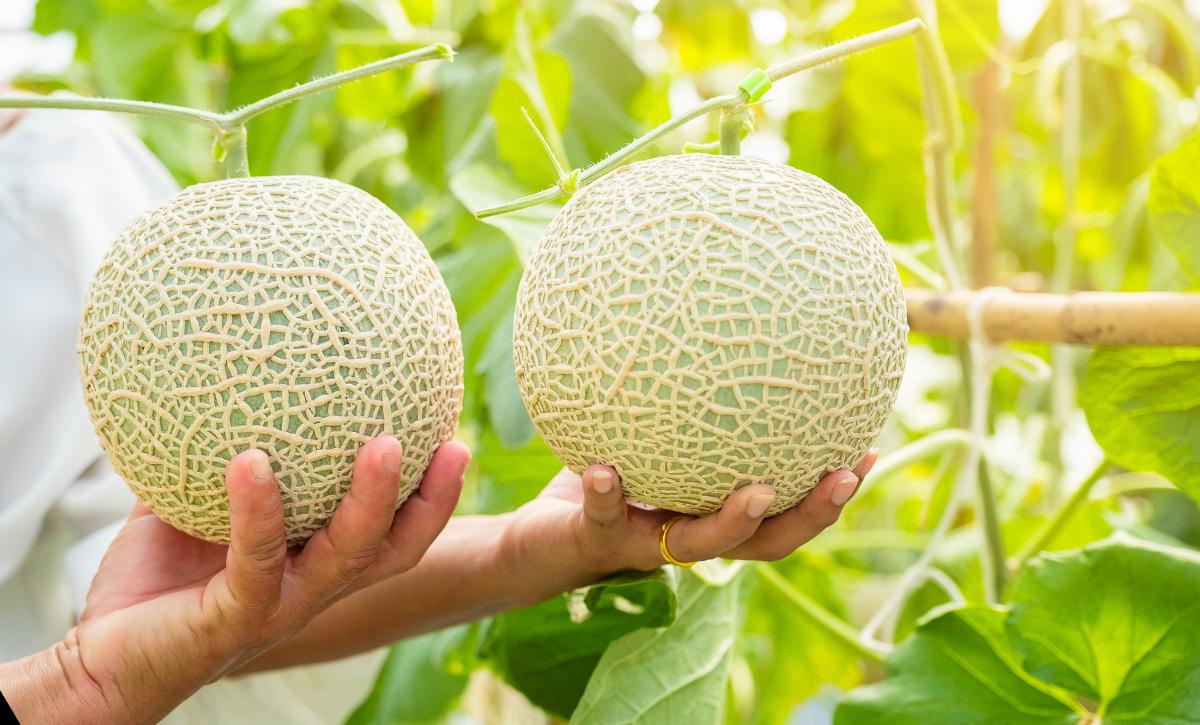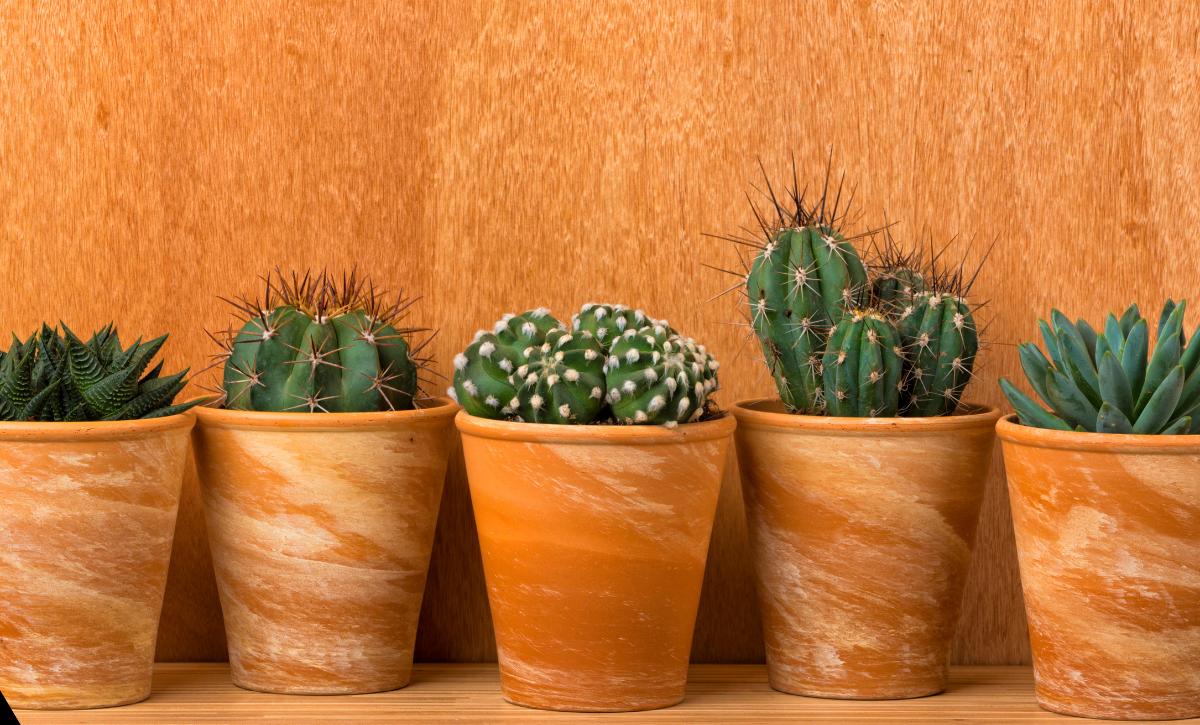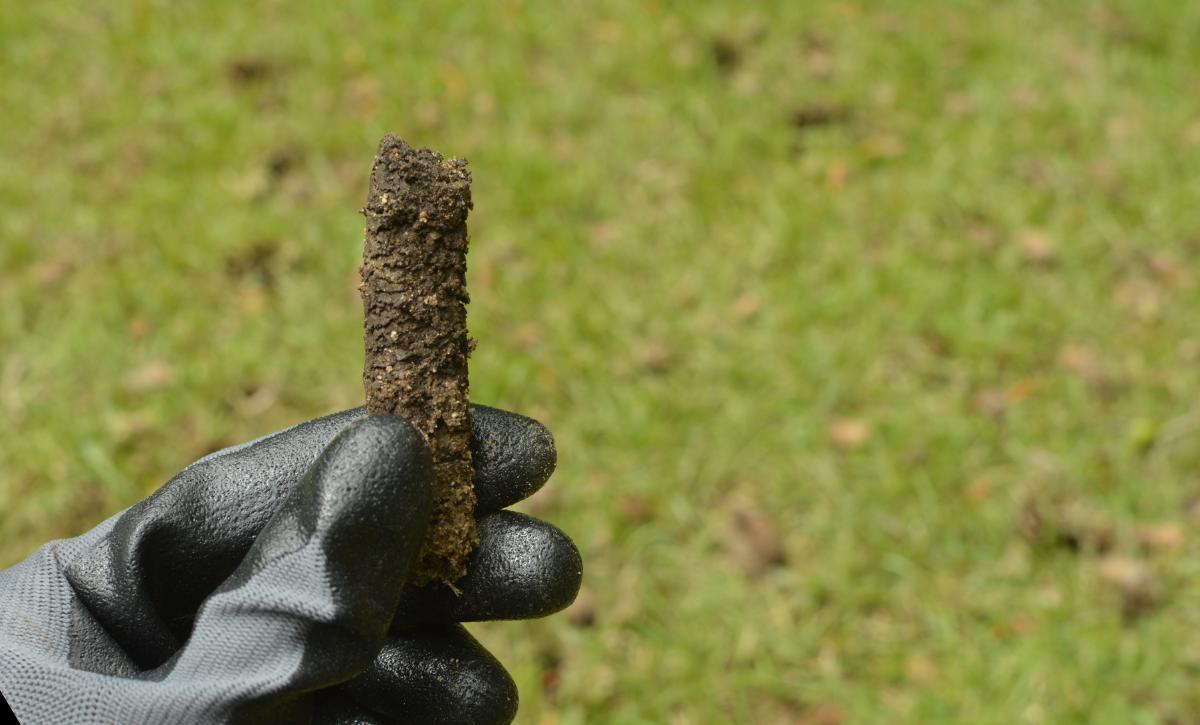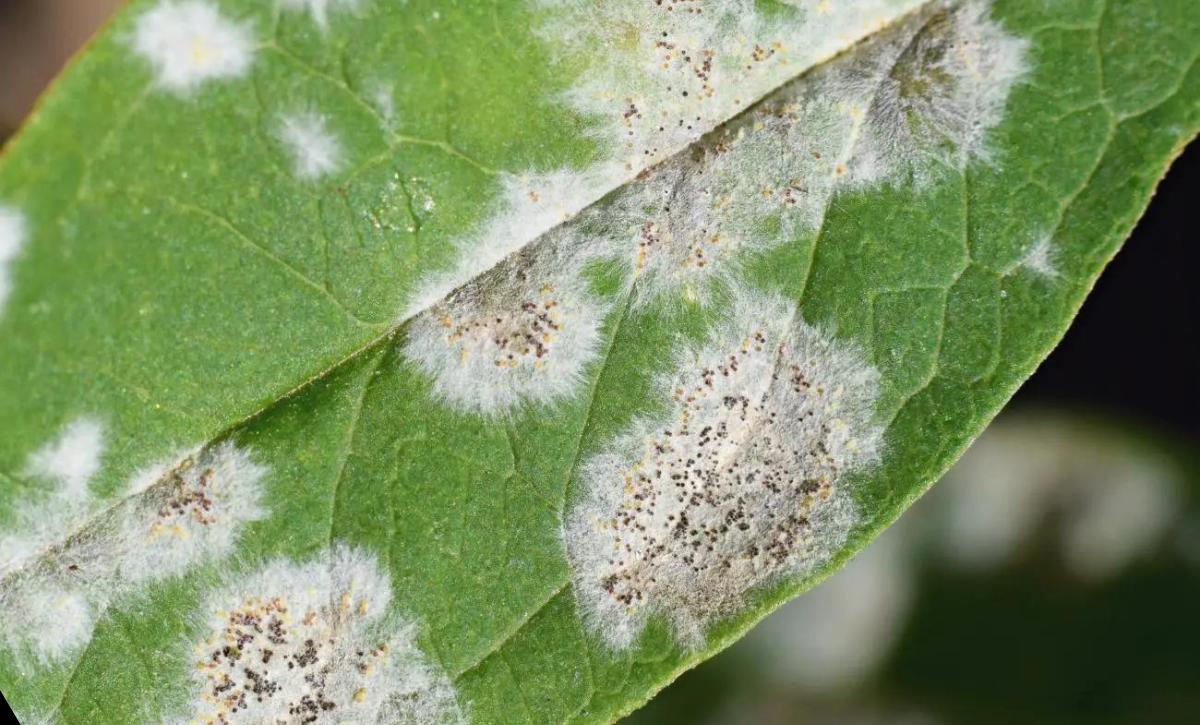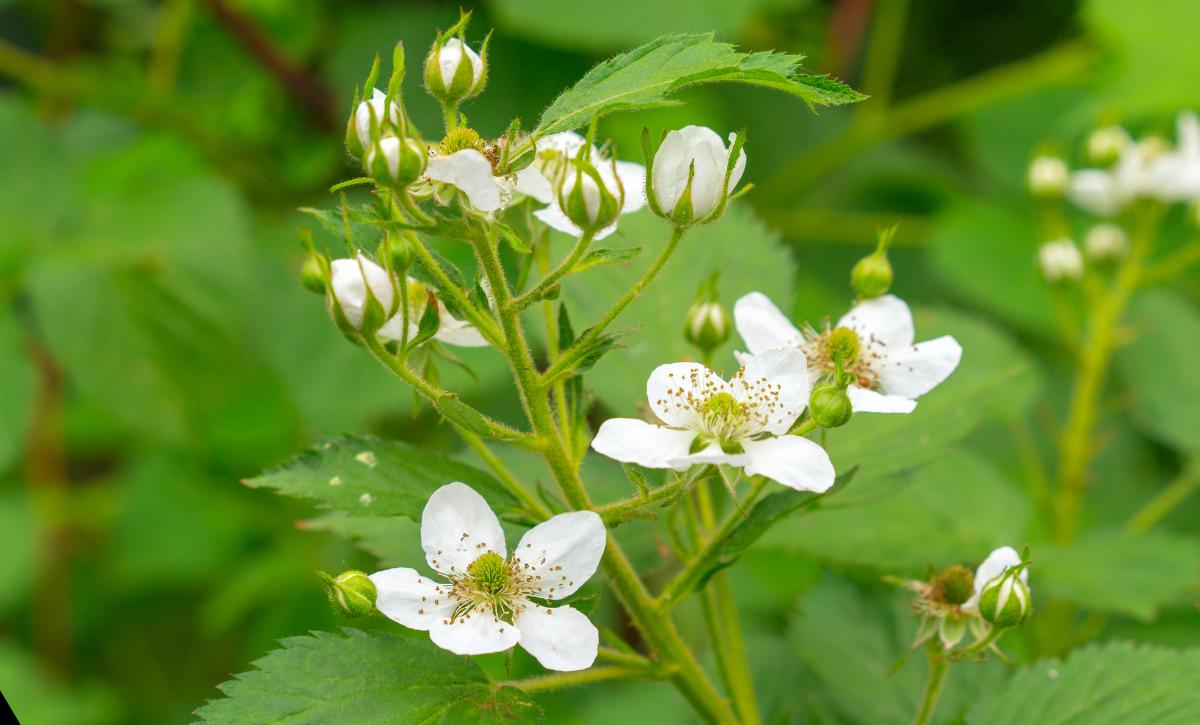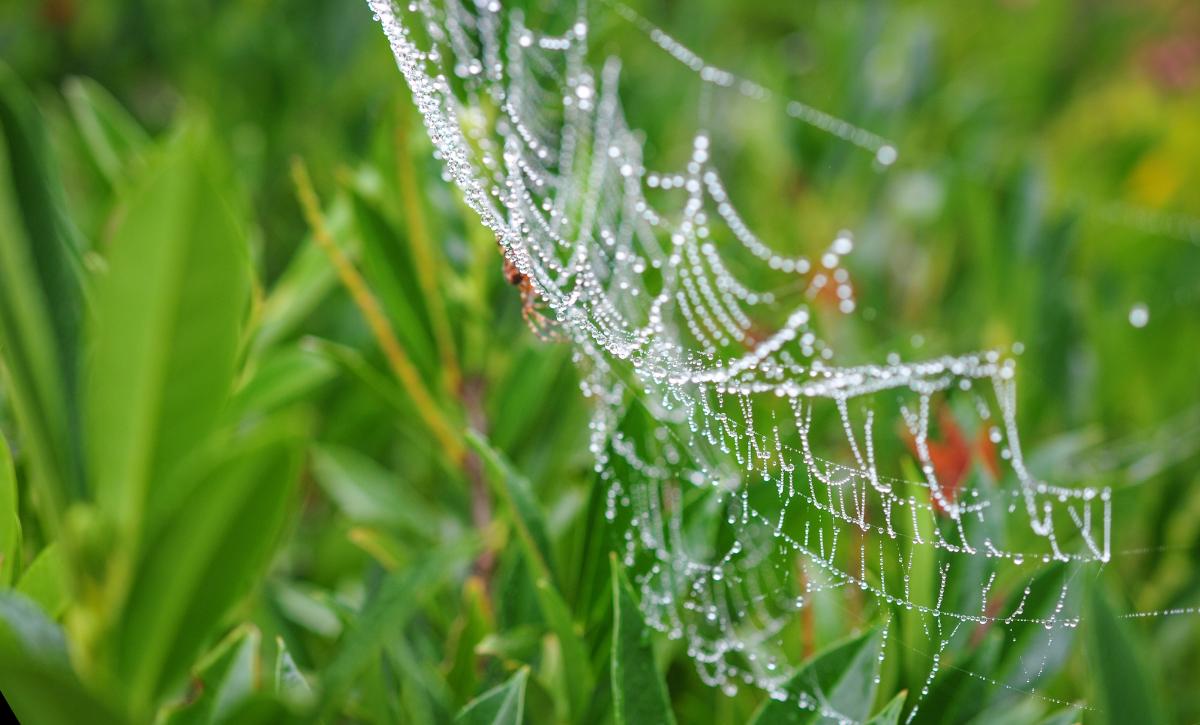Bugs can be annoying, especially when they start invading your private space. But do you know what’s more annoying? Bugs that seem to spawn out of thin air like water bugs!
These critters will mostly appear in the summer, and if left uncontrolled, they can become a menace.
One of the most common questions for plant enthusiasts is, “why do water bugs appear in the summer?” and this is for a good reason.
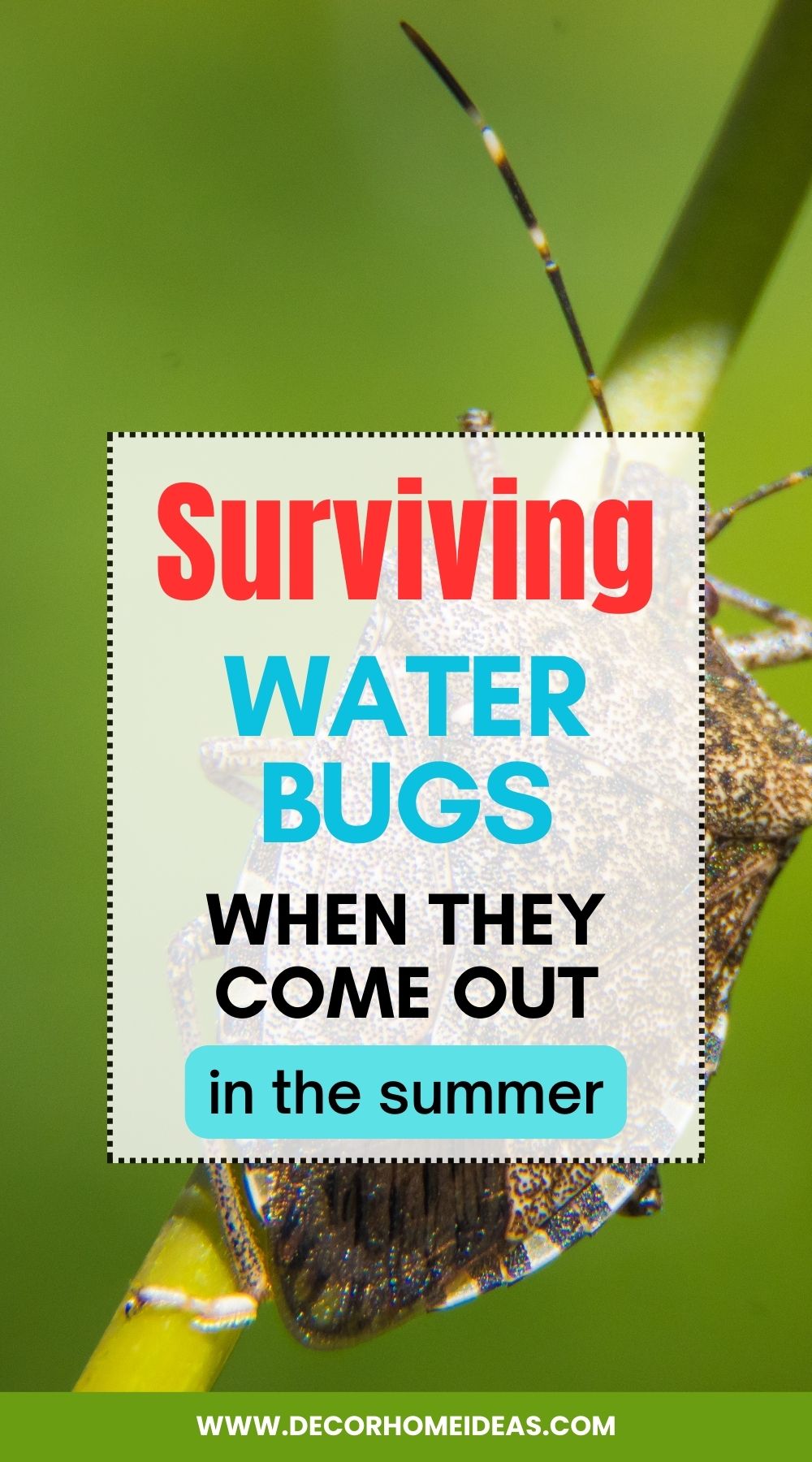
In this article, we’ll explore why these tiny bugs like visiting during summer and discuss their natural habitat. The article will also explore common areas where the bugs are likely to hide in your home and how to know if it’s an infestation you are dealing with.
If these insects have wreaked havoc in your space, don’t worry. You’ve come to the perfect place to learn how to deal with them.
Let’s get to it!
Why Do Water Bugs Come Out In The Summer
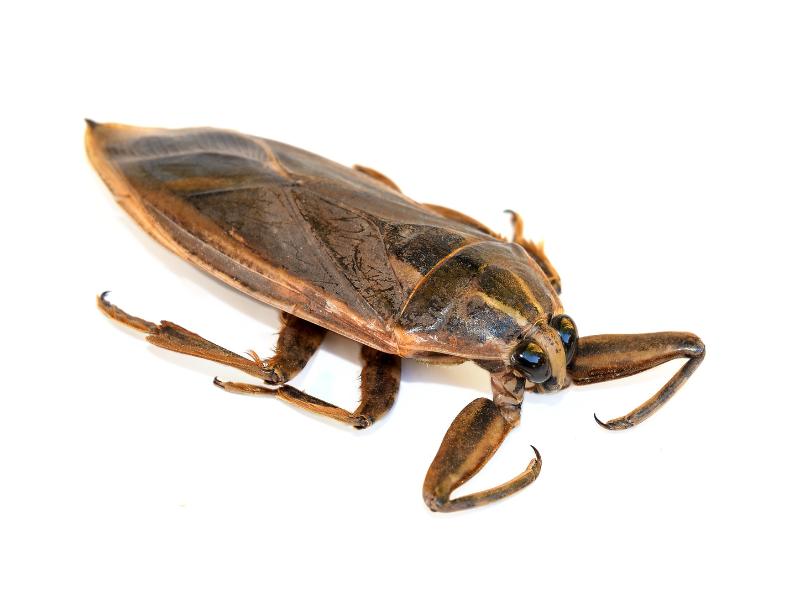
The main reason that water bugs come out in the summer is their natural habitat dries up due to the hot temperatures. Hence, they have to seek alternative sources of food.
Water Bugs are aquatic pests from the Hemiptera order that also contain other critters like scorpions.
So, why would these bugs invade our households?
The answer is simple: it’s a matter of humidity and moisture. Our houses have high humidity in the kitchen, bathrooms, and various water sources during the summer. This makes for a very attractive habitat for these bugs.
Areas with damp conditions, such as the basement, are a perfect place for water bugs to infiltrate.
You must be wondering what happens to the bugs during winter, but don’t let these bugs fool you. During the winter, they hibernate, and if the problem is not dealt with in the summer, they’ll resurface.
Compared to other pests, such as bed bugs, the only upside to water bugs is that they’ll not infest the home for the entire year. Houses aren’t the natural habitat for these bugs, and they are likely to inhabit other places once the summer is over.
While most bugs, such as roaches, are afraid of bright light, water bugs are actually attracted to it, making them even more menacing. You’ve likely seen these bugs under overhead lights.
Where Do Water Bugs Come From?
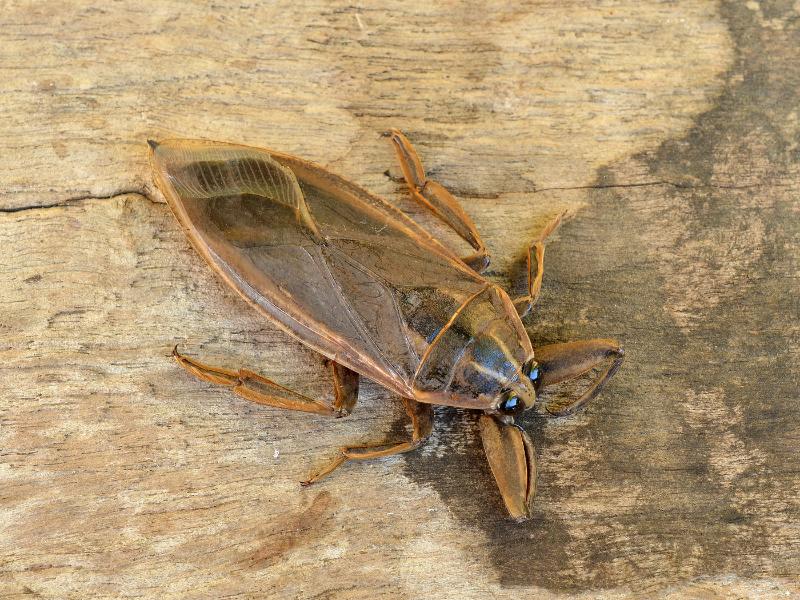
Even though houses aren’t a native habitat for these aquatic pests, they’ll do very well in damp areas. Damp outdoor areas are like vacation homes for these bugs!
Their native habitats are wet areas, mostly around marshes, ponds, sewage systems, and pools of standing water.
As previously stated, water bugs are also attracted to neon and street lights.
As for food or causing destruction in a home, these bugs’ main delicacy is aquatic food such as small fish. Therefore, they’ll rarely be attracted to anything you have in your home. This is a good thing since they aren’t likely to survive permanently in the household.
Little creatures like insects are also a delicacy for these bugs.
Where To Find Them
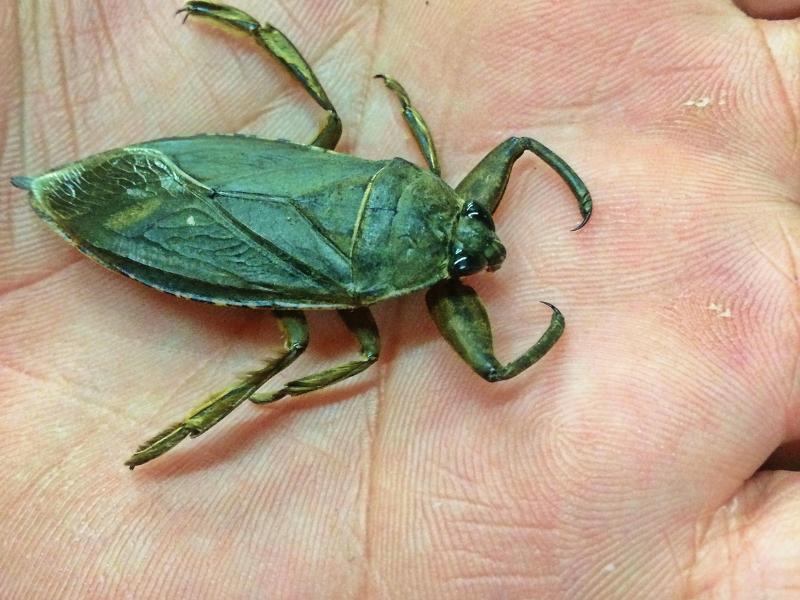
As we have previously stated, water bugs are attracted to aquatic sources in your home.
Here is a list of the common places that make for a perfect temporal habitat for these bugs.
- Kitchen: The kitchen is one of the high-humidity rooms in your home due to the variety of water and food sources; food leftovers may also attract other bugs, such as German cockroaches.
- Bathrooms: For obvious reasons
- Basements
- These bugs can also thrive on your porch or garden.
What Are The Entry Points Of These Bugs Into Your House
Whenever you notice some bugs in your house, your first cause for concern should be to determine the entry point of the bugs.
Here is a list of the possible entry points for aquatic bugs:
- Toilets
- Drains
- Faucets
- Baseboards
- Sewers
- Leaky pipes
- Crevices
The most common place to find these bugs is on the drains since pests are likely to breed in such places. The presence of other pests and water will certainly attract these bugs.
Water bugs are so unpopular because they aren’t afraid of humans. Imagine using your sink, and a water bug suddenly appears. Shocking right?
These bugs will travel up or down the plumbing pipes to get to places such as the toilet. One of the main reasons that water bugs invade the toilet is infrequent flushing. The standing water in the toilet will attract the bugs.
Once they invade the toilet, these bugs are likely to inhabit places with leaky faucets.
In places like basements, these aquatic bugs will invade due to the leaky drainage systems pipes near them.
Baseboards, on the other hand, are where these bugs nest, so they may also be a common entry point.
The Signs Of Infestation
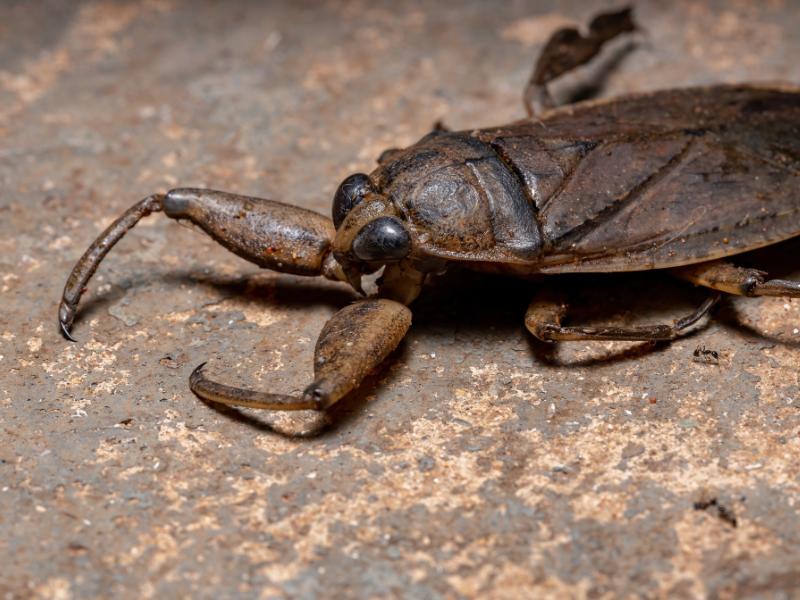
Pay close attention. The following are the signs of a water bug infestation.
- The presence of a small number of water bugs- While this may not be an immediate cause for concern, many other water bugs may lurk around, so don’t take it for granted.
- Unpleasant smell- During mating, these bugs will release an odor with a foul smell to attract mates. In cases of infestation, this odd smell will spread throughout the house.
- Leftovers of shells and dead skin- This is one of the surest ways of detecting an infestation. In an infestation, there’ll be traces of shells on the floor of bathrooms or kitchen cabinets. These shells can also be found in breeding places once the eggs have hatched.
- Dark-colored streak marks- Once they have invaded a place, water bugs will likely leave droppings on floors, shelves, near baseboards, and even on plates if food leftovers are left overnight.
How To Get Rid Of Water Bugs
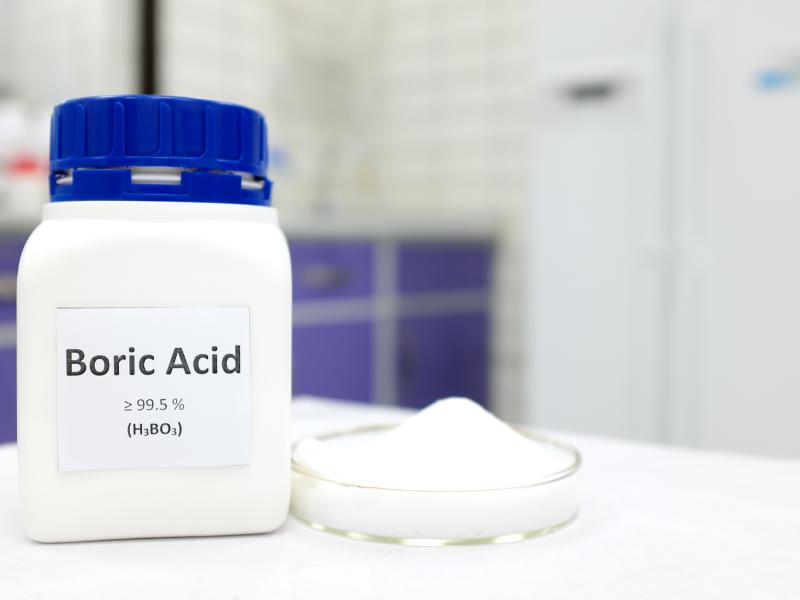
Already have water bugs in your house? Don’t worry! There are two easy ways to remove them from your household.
The first method is natural, and while it’s an easy solution, it may not always work.
Alternatively, you can use chemical-containing products to remove the bugs. This method is more efficient and will remove the bugs sooner.
So how do you get rid of water bugs? Here are some common natural substances that you can use:
- Soap
- Alcohol
- Baking soda
- Vinegar
- Natural pesticides (Boric Acid is a good example of this)
- Essential Oils (Citronella or peppermint)
Using these natural solutions is easy. Simply pour them into the water bugs’ nest.
Sprinkle a thin layer over the nest when using remedies such as boric acid. Since it’s toxic to aqua bugs, they’ll die when they ingest it.
Adding sugar to the boric acid will create an even more effective remedy. This mixture can be sprinkled in places with high moisture content or where the water bugs appear. The sugar and boric acid mixture acts as a trap for the bugs.
As for essential oils, the best way to apply this solution is by mixing them with water and spraying them over the nest.
Lastly, there is the diatomaceous earth method. This is a popular natural remedy that kills water bugs instantaneously.
Pest Control
A pest infestation can have grave consequences. If you are afraid of these bugs’ impact on your household, you should seek help from pest control companies.
Professional exterminators have all the tools and remedies to get rid of water bugs for good. Expert exterminators will find and stop common breeding places and entry points of these bugs.
How To Prevent Water Bugs Infestation
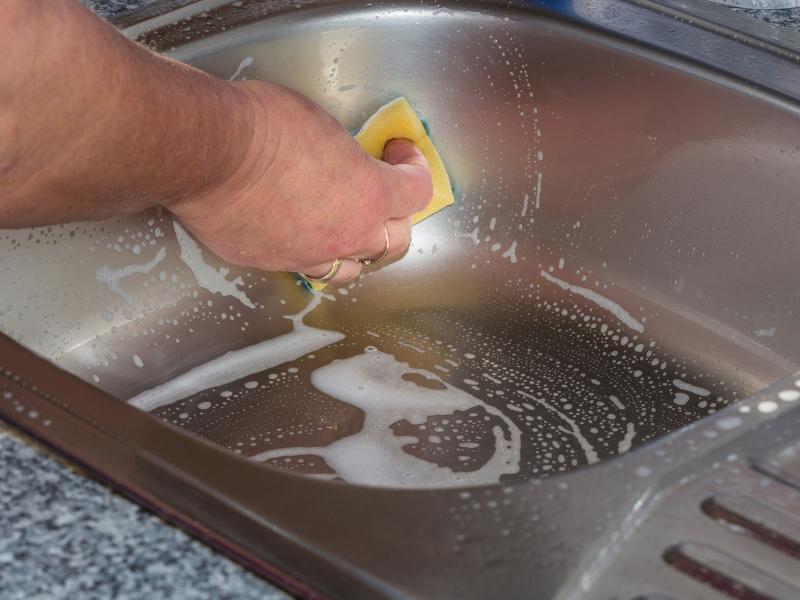
An infestation of water bugs is a major cause for concern. Besides the foul smell that these bugs will emit during the mating period, they can also invade your personal space and make your home a living hell.
Here are some tips to prevent these bugs from making your home unlivable.
- Clean your drains regularly. This includes toilets, bathtubs, and sink drains.
- Get rid of water puddles. Aqua bugs thrive in these puddles, and removing them will prevent them from spreading.
- You can use several home products to treat drains, but vinegar is one of the most effective solutions, so make use of it.
- Repair any leaky faucets in your home to prevent water puddles.
- If you notice any damaged pipes, replace them immediately.
- Crevices and holes are common places where these bugs lay and hatch their eggs, so if you notice any, seal them.
- Ensure your home is properly ventilated.
Are Water Bugs Dangerous?
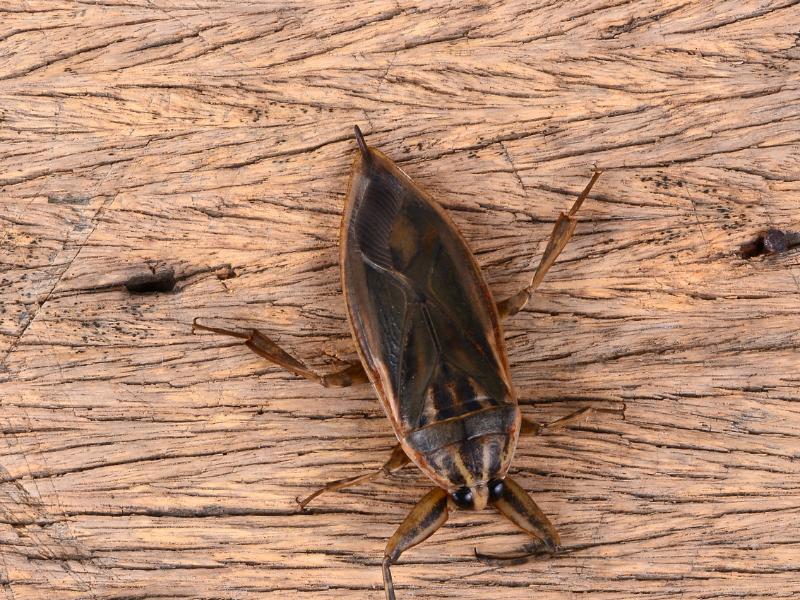
Even though these bugs will not make you their next meal, they bite! They are known for biting between toes hence the name toe biters.
One of the common ways that water bugs attack is when you are swimming in your pool or even in your bathtub.
The bites don’t result in significantly larger health issues, but allergic people can react differently. Even though it’s very rare, there can be cases of swelling up or vomiting after a person has been bitten.
How to Treat the Bug Bites
Use a bandage to prevent itching, and try not to scratch the wound.
You can apply antibacterial ointment, hydrogen peroxide, or rubbing alcohol to clean the wound and stop potential infections.
Water Bugs vs. Cockroaches
This is one of the most common misconceptions. Even though the two are very similar in appearance, it’s important to note that they are completely different insects.
Water bugs indeed closely resemble cockroaches that survive in water, such as American or Oriental cockroaches.
However, there are significant differences regarding color, location, size, and how they bite. Cockroaches are sometimes referred to as brown water bugs, but this is far from the truth since the two aren’t similar.
In fact, cockroaches and water bugs belong to two different orders. While water bugs are from the Hemiptera order, cockroaches come from the Blattodea order, including insects such as termites.
Secondly, water bugs are darker in color, black or brown, while cockroaches are light brown or tan.
In terms of size, water bugs are slightly larger than roaches. Aqua bugs can grow up to 2 inches, while cockroaches will grow up to 1.5 inches.
Another key difference is that roaches have antennas. In contrast, water bugs have pincers around the mouth hence the ability to bite.
Now for the interesting part. Which of the two attacks humans? Well, water bugs are the culprits here. Roaches don’t attack humans and will, in fact, flee if they sense danger from humans.
Water bugs, on the other hand, are more hard-headed; they tend to bite humans, and when they sense danger, they prefer to attack rather than flee.
This makes cockroaches less dangerous than water bugs, but none of them are desirable, so get rid of them as soon as you see them.
Commonly Asked Questions
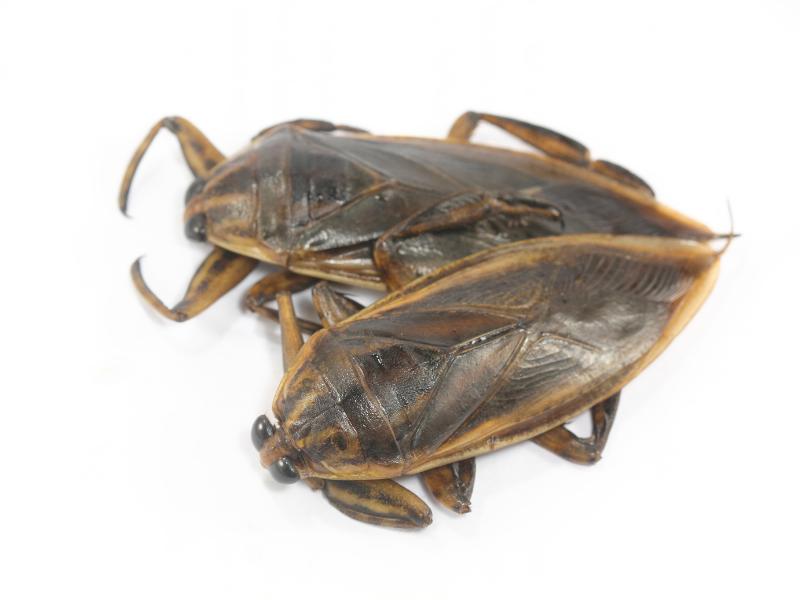
Now that we’ve discussed all you need to know about water bugs let’s look at common concerns people have.
Can water bugs lay eggs on your skin?
Fortunately, no. Water bugs will not lay eggs on human skin since they prefer debris or floating vegetation where the conditions are ideal.
How do they know when to come out?
Like many insects, water bugs emerge once they sense food and temperature changes. The availability of a water source where they can survive will attract these bugs. They also prefer humid high temperatures, so they’ll come out in the summer.
Why are there so many water bugs?
Under ideal conditions, water bugs will mate and multiply quickly, increasing in number. So, it’s better to ensure there are no water sources where they can thrive.
How do water bugs survive cold winters?
These bugs survive the winter by finding a place with stable temperatures. Since they detest temperature fluctuations, they’ll either hibernate or find an alternative shelter.
Bottom Line
Don’t let water bugs ruin your summer. These bugs prefer the summer season and can be a nuisance to an otherwise exciting season.
Even though these bugs are annoying and probably scary, they don’t pose serious risks to humans (unless you are allergic).
Use the preventive measures we’ve discussed in this article, and if they do appear, use the several solutions we’ve provided to get rid of them.
Goodbye for now, and don’t let the water bugs bite!


